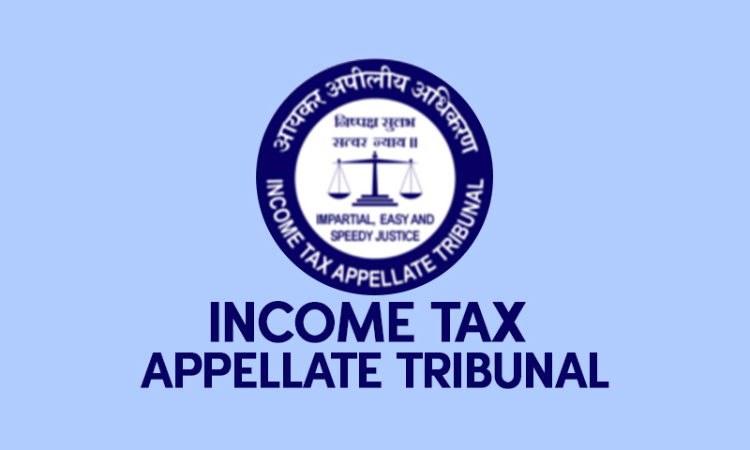Additional Evidence Cannot Be Admitted Without Calling For AO's Remand Report: ITAT
Mariya Paliwala
5 Dec 2022 6:30 PM IST

Next Story
5 Dec 2022 6:30 PM IST
The Hyderabad Bench of the Income Tax Appellate Tribunal (ITAT) has held that the additional evidence cannot be admitted without calling for a remand report or comments from the AO.The two-member bench of Laliet Kumar (Judicial Member) and R.K. Panda (Accountant Member) observed that if the CIT(A) chooses to admit any additional evidence, in that case, he/she is required to provide the...
